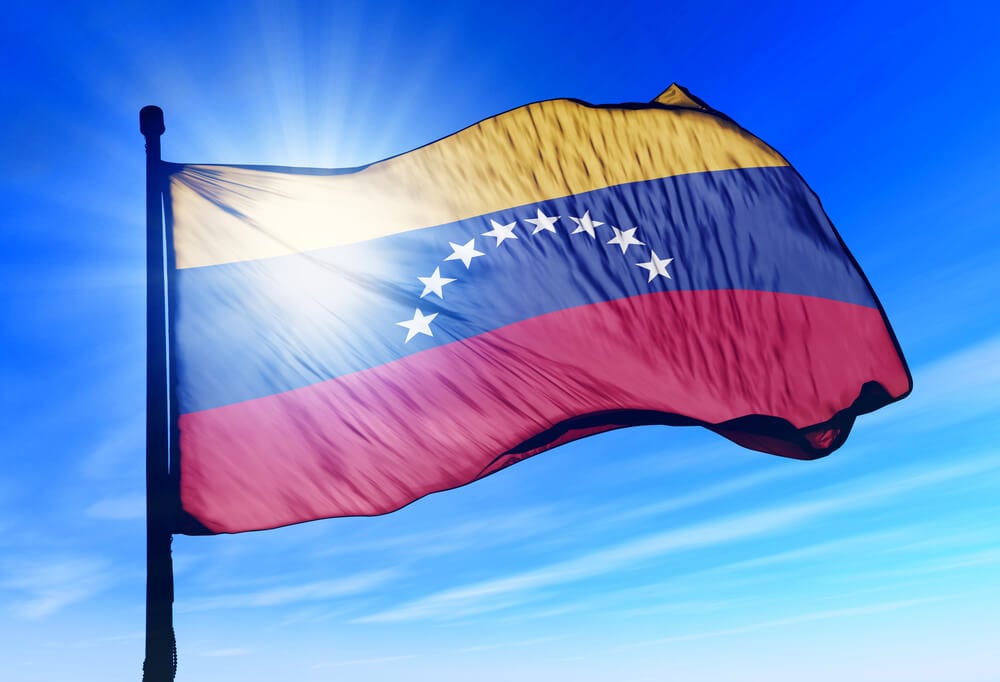Venezuela Reveals Petro Will Be an ERC-20 Token With a Private Presale

As previously reported by CCN.com, Venezuela is set to issue its Petro cryptocurrency through a token sale. Out of the 100 million Petros Venezuelan leader Nicolás Maduro ordered, about 38.4 million will go to institutional investors in a month-long presale, set to begin March 1. This presale, according to Bloomberg , will be private, obscuring the potential discounts the country offers investors.
Previous reports claimed Venezuela would offer institutional investors a discount of up to 60 percent, and a final draft of the Petro whitepaper claims the transactions will be private. After the month-long presale, the Petro will be sold to the public at decreasing discounts, to stimulate early demand.
The public sale will see 44 million Petros sold, and will begin after the presale is over. It will feature four levels of small discounts for every 5 million Petros, until a final 24 million tokens are sold at roughly $60 each. Its price is based on the Petro being backed by the country’s oil reserves, although there is no way to trade the Petro for the crude.
The rest of the tokens will be held by the Venezuelan Superintendence of Currency. The Petro will be premined, although the whitepaper claims the government may introduce a proof-of-stake model.
Speaking on state television, Maduro stated:
“This is the moment to accelerate the entry of the Petro, to have faith in what we’ve created, and in the technological and intellectual capacity of our country. The Petro will have a great impact in how we access foreign currencies for the country and in how we obtain goods and services that we need from around the world.”
Venezuela guarantees it will accept the Petro as payment for taxes and fees. According to the cryptocurrency’s whitepaper, its value in these transactions will “use as a reference the price of the barrel of the Venezuelan basket of the previous day with a percentage discount.”
Finally, the token may be incorporated into the “card of the fatherhood,” a state identification used to claim subsidies and foods from the government.
An ERC-20 token
The cryptocurrency’s whitepaper notably reveals the Petro will be an Ethereum-based ERC-20 token. Each Petro (ticker: PTR) will be divisible into 100 million parts, with its smallest unit, worth 0.00000001 PTR, being called a “mene.”
Given that the Petro is an ERC-20 token, it may end up being listed on decentralized exchanges like EtherDelta or IDEX. Taking into account the Petro is set to be worth about $60 at the time of the token sale, if the hard cap is reached, Venezuela will raise nearly $5 billion, over 5% of Ethereum’s market cap.
Most of the funds (55 percent) raised through the token sale are set to go to a sovereign fund, while 15 percent will be used to develop technologies in other areas. An additional 15 percent will be used to develop the Petro’s ecosystem, while the final 5 percent will fund the Petro’s development.
The Venezuelan government is promoting the Petro abroad to developing countries and allied nations, and via the state-owned oil producer Petroleos de Venezuela.
As covered by CCN.com, Venezuela is facing one of the deepest recessions ever seen, and the country’s citizens are currently using cryptocurrencies to survive the government’s failures. Despite cracking down on the space in the past, the country recently eased its stance on cryptocurrency mining.
Featured image from Shutterstock.
